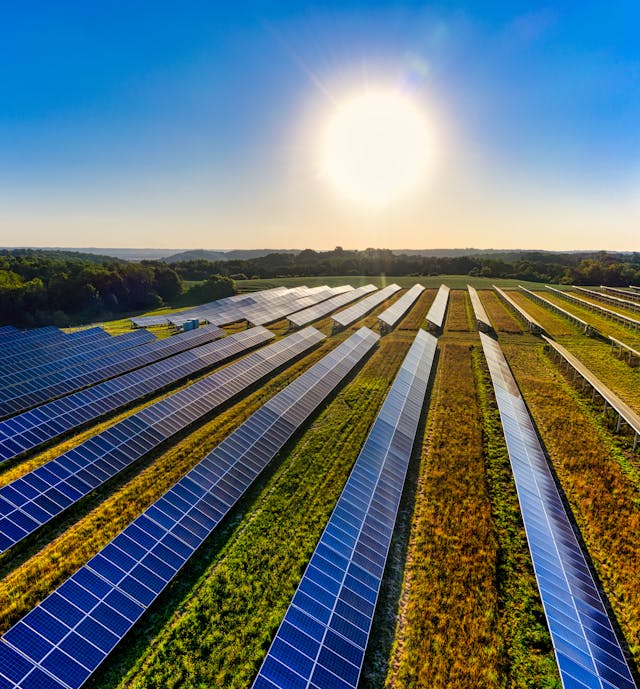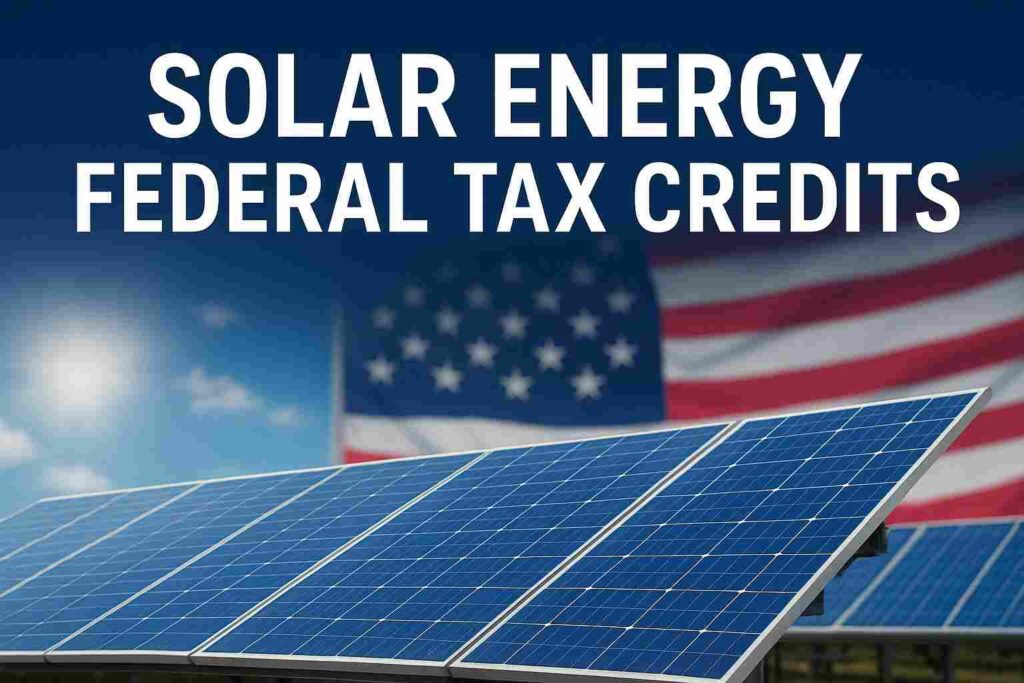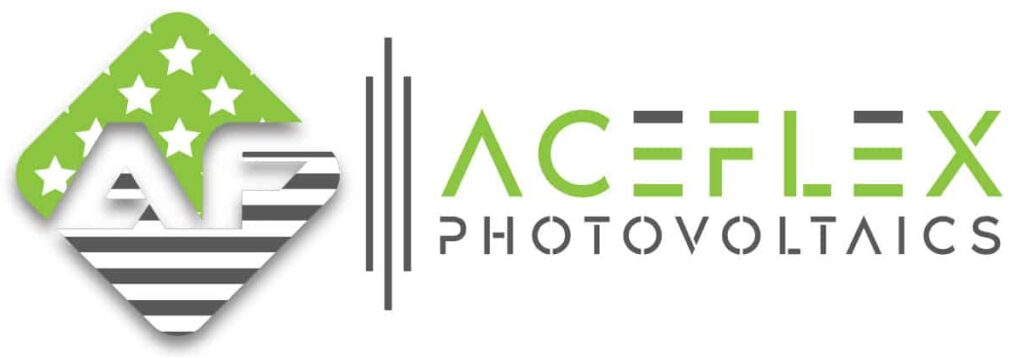📦 Fast Delivery – Order Now!
💸 Shop Safely – 100% Money-Back Guarantee
👨🔧 Lifetime Customer Support
📦 Fast Delivery – Order Now!
💸 Shop Safely – 100% Money-Back Guarantee
👨🔧 Lifetime Customer Support
Have you ever wondered if solar panels really make sense in North Carolina? The answer is clear: yes, they do! The Tar Heel State combines strong sunlight, attractive incentives, and a growing renewable market. More homeowners every year are choosing to generate their own electricity. And because energy prices keep rising, solar power becomes even more attractive.
North Carolina has become one of the leading solar states in the U.S. The climate is mild, and the sun shines more than 210 days per year on average. Therefore, solar panels north carolina can perform efficiently throughout the year. Moreover, electricity demand keeps increasing, so renewable energy plays a key role in keeping power affordable and sustainable.

The average residential solar system in North Carolina costs around $2.35 to $2.85 per watt, depending on the size and installer. A typical 6 kW system costs about $14,000 – $17,000 before incentives. After the federal 30% Investment Tax Credit (ITC), the final price drops significantly.
| System Size | Estimated Annual Production (kWh) | Approx. Cost (USD) | After 30% ITC |
|---|---|---|---|
| 4 kW | 5,500 | $11,400 | $7,980 |
| 6 kW | 8,250 | $16,800 | $11,760 |
| 8 kW | 11,000 | $22,400 | $15,680 |
| 10 kW | 13,700 | $28,000 | $19,600 |
These figures are averages. Your actual cost depends on roof size, shading, equipment, and local utility programs.
North Carolina offers solid financial support. The federal tax credit remains the most important incentive, but many utilities also offer net metering. This means your unused solar power flows back into the grid, earning you credits on your bill. Some areas may even offer small cash rebates for installations, depending on your utility company.
Additionally, installing solar panels can increase property value without raising property taxes, thanks to North Carolina’s property tax exemption for renewable systems.

Every kilowatt-hour of solar electricity means fewer emissions. Solar panels North Carolina help reduce the carbon footprint of your home, and they also strengthen the local energy grid. Because solar energy is generated where it’s consumed, less power is lost through long-distance transmission.
And since North Carolina often experiences hot summers, solar energy can also support grid stability during peak demand hours.
At AceFlex, we believe that solar power is not only a technology—it’s a movement toward independence and sustainability. Our team helps homeowners in the U.S. and Europe choose the right system, calculate savings, and ensure smooth installation.
We combine German engineering standards with local expertise. Whether you’re in Raleigh, Charlotte, or Wilmington—our experts will guide you step by step toward a cleaner, more affordable energy future.

North Carolina offers everything a solar investor could hope for: sunshine, incentives, and long-term savings. The technology is reliable, the market is growing, and the environmental benefits are undeniable. Now is the best time to act.
If you’re ready to lower your bills and power your home with clean energy, get in touch with AceFlex GmbH today. Together, we can make your solar project a reality—and help you take the next big step toward energy independence.

Yes, North Carolina is one of the best states for solar because it gets plenty of sunshine throughout the year. And since electricity rates keep rising, solar panels help homeowners save money long-term.
North Carolina itself doesn’t pay directly for solar panels, but homeowners can benefit from the federal 30% solar tax credit. And many utilities offer net metering, which reduces your electric bills even more.
The average cost of a residential solar system is between $14,000 and $17,000 before incentives. Yet, after applying the 30% federal tax credit, you can save several thousand dollars immediately.
The 20% rule means that your roof’s solar coverage should not exceed about 20% of its surface if local codes require spacing for maintenance. And this helps ensure safety and proper airflow around the panels.
Some people remove older systems because they want to upgrade to more efficient technology. Others may move or sell their property and prefer to install a new setup at the next location.
Yes, a 10 kW solar system can power most homes comfortably if energy consumption is average. But high-usage households with electric heating or large appliances may need a larger system.
A 10 kW solar system can run about two to three standard air conditioners simultaneously, depending on size and usage. And when the sun is strong, it can even cover additional appliances at the same time.
The 33% rule often refers to system oversizing, allowing up to one-third more DC power compared to inverter capacity. This improves energy production in weaker sunlight and boosts overall efficiency.
A 10 kW battery typically lasts between 10 and 15 years, depending on usage and temperature. And with proper maintenance, its efficiency remains stable for many cycles.
Homeowners can use the 30% federal solar tax credit and local net metering programs. And some electric cooperatives even offer rebates or low-interest loans for installations.
Most residential systems are installed within two to three days. However, permitting and grid connection can extend the total process to several weeks.
Yes, solar panels increase home value because they lower energy costs and attract eco-minded buyers. And since North Carolina offers property tax exemptions, owners keep more of that added value.
Standard grid-tied systems shut off during outages for safety reasons. But if you have battery storage or a hybrid inverter, your home can still access solar power.
Solar panels need very little maintenance—just regular cleaning and visual inspections. And since North Carolina has a mild climate, the panels last long and stay efficient.
Most panels last 25 to 30 years with minimal performance loss. And because modern systems use durable materials, they easily withstand heat, rain, and storms.
Certified installers and energy companies handle the full process from design to grid connection. And at AceFlex, we help coordinate planning, equipment, and expert installation across the U.S.
AceFlex is one of the leading online retailers of renewable energy products and offers a wide range of solar products. We work with well-known manufacturers and wholesalers and can offer you cost-effective products in the field of photovoltaics so that you too can contribute to the energy transition.
Looking for an experienced team for planning your photovoltaic system without the hassle of doing it yourself? We are your trusted partner, offering comprehensive nationwide solutions. We provide expert consultation and supply of both photovoltaic systems and storage units tailored to your specific needs.
© 2025 Aceflex All Rights Reserved. Design by Media Pantheon, Inc.